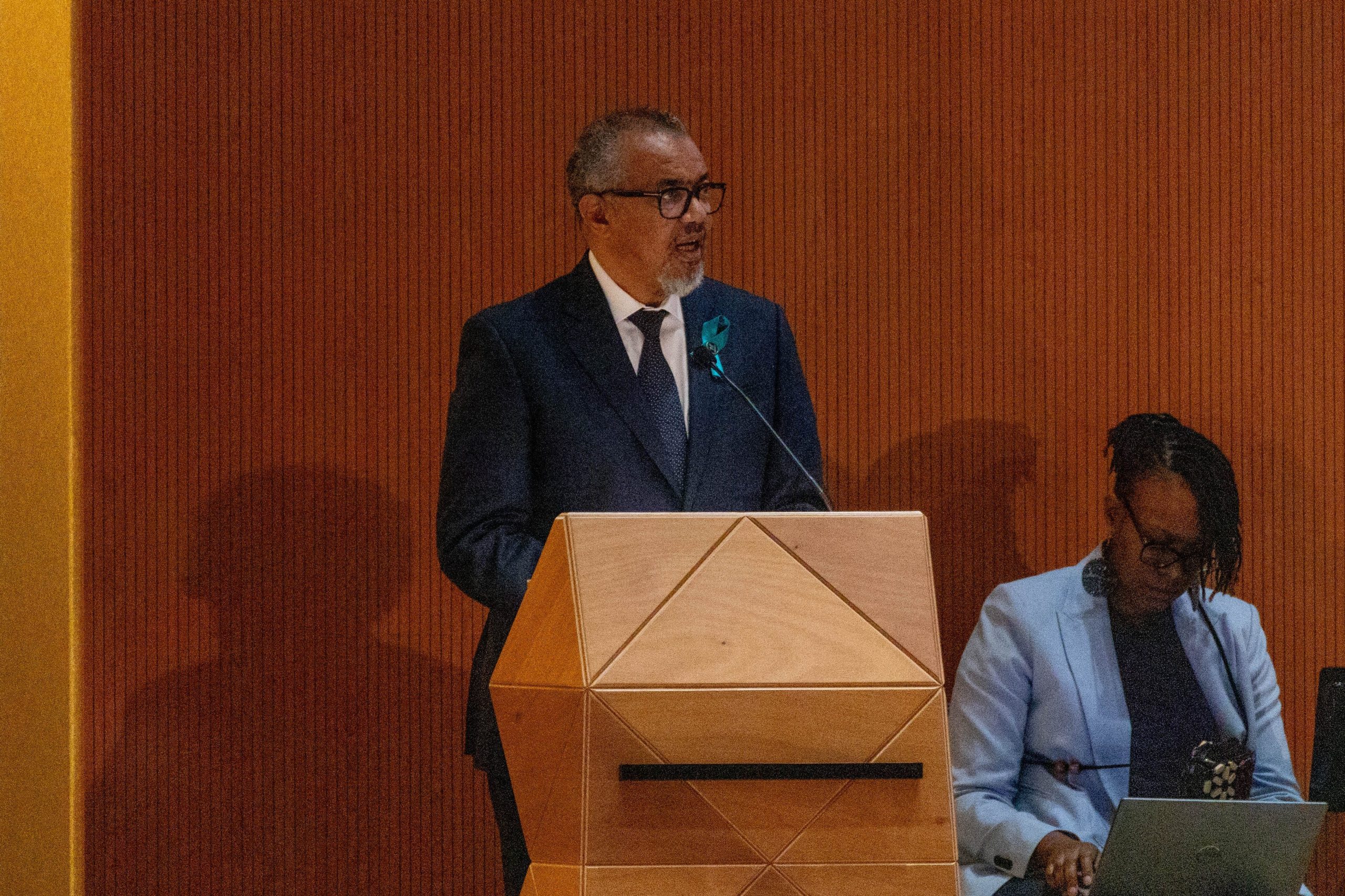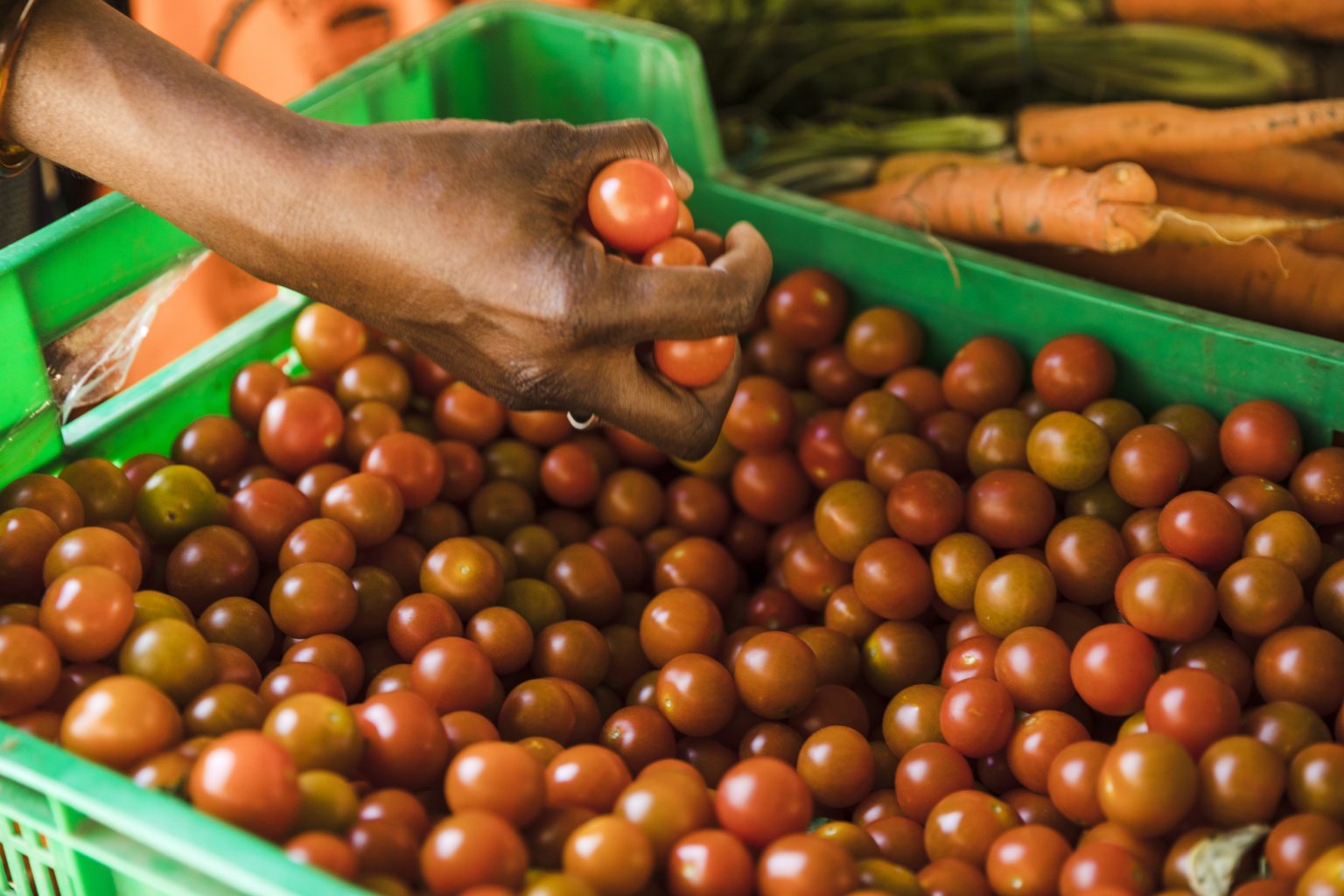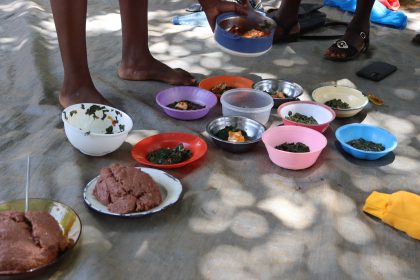Tobacco farmers now growing high-iron beans—better for profits and nutrition while higher tobacco taxes cut smoking, boosts health budgets.
World Health Organization (WHO) Director-General Dr Tedros Adhanom Ghebreyesus commended Kenya for its leadership in tobacco control and innovative health promotion initiatives under the Tobacco-Free Farms Initiative.
His remarks during the opening of the 78th World Health Assembly in Geneva, Switzerland were part of a broader celebration of global progress in tackling noncommunicable diseases (NCDs) by addressing their root causes.

“It’s now 20 years since the WHO Framework Convention on Tobacco Control entered into force,” Dr. Tedros noted. “Smoking prevalence has dropped by one-third globally, and there are 300 million fewer smokers today than there would have been had prevalence remained the same.”
Dr Tedros hailed Kenya and Zambia’s efforts to help farmers transition from tobacco farming to cultivating nutritious crops. “Through our partnership in the Tobacco-Free Farms Initiative, we have supported more than 9,000 tobacco farmers in Kenya and Zambia to shift away from growing tobacco to growing high-iron beans,” he said. This shift, he added, supports both public health and food security goals.
Kenya restricts tobacco adverts, prohibits smoking in public places
Kenya has been at the forefront of tobacco regulation in Africa. The country passed the Tobacco Control Act in 2007, which restricts tobacco advertising, prohibits smoking in public places, and requires graphic health warnings on cigarette packages. In 2021, Kenya also increased excise taxes on tobacco products as part of broader efforts to curb tobacco use and raise domestic health financing.
Dr Tedros emphasised how such measures have catalysed health gains: “Every year, WHO supports more countries to implement evidence-based measures to fight tobacco,” he said, citing Kenya’s work as an example of sustainable reform.
The Tobacco-Free Farms Initiative, jointly led by WHO, the Food and Agriculture Organization (FAO), and the World Food Programme (WFP), is particularly transformative in Kenya’s agriculture-driven economy.
In counties like Migori, Bungoma, and Busia, thousands of farmers once reliant on tobacco are now cultivating alternative crops like high-iron beans, which are not only more profitable but also contribute to improved community nutrition.
Tobacco responsible for more than 12,000 deaths annually in Kenya
Kenya’s Ministry of Health 2023 report reveals tobacco as a top cause of non-communicable diseases including heart conditions, cancer and lung diseases besides claiming over 12,000 lives yearly—30 preventable daily deaths—while Kenya Tobacco Control Alliance (KETCA) research shows tobacco farming traps growers in debt cycles due to high costs and low profits, unlike safer, more stable alternatives like high-iron beans that avoid pesticide/nicotine risks.
Key progress includes forming a multi-sector task force to study emerging nicotine products (like vapes and nicotine pouches), with its recommendations now being actioned, though Kenya faces new challenges as these youth-targeted products—often falsely marketed as safer alternatives with flavoured appeal—grow rapidly despite overall tobacco use dropping from 12 percent (2014) to nine percent (2022).
This prompted the Health Ministry and partners to use World No Tobacco Day (WNTD) 2024 to expose industry tactics, educate on risks of both traditional and Novel Nicotine and Emerging Tobacco Products (NNETPs) such as nicotine pouches, vapes, and electronic cigarettes and strengthen policy enforcement to highlight public health risks while exposing industry tactics.
Continental and Global Alignment
Kenya’s approach is aligned with WHO’s broader vision of tackling health challenges at their root through better air, water, food, and living conditions. “Our mission is to promote health and prevent disease by addressing its root causes,” Dr. Tedros told delegates.
Globally, WHO also acknowledged other countries for bold action in health policy: Côte d’Ivoire, Georgia, Lao PDR, and Oman for adopting plain tobacco packaging; Viet Nam for banning e-cigarettes; and Austria, Norway, Oman, and Singapore for eliminating trans fats from the food supply.
Kenya aims to further integrate NCD prevention into its primary healthcare strategy and expand the Tobacco-Free Farms model to more counties. The Ministry of Agriculture is working alongside health agencies to ensure farmers access training, quality seeds, and stable markets.
As Dr Tedros reminded the Assembly, the tobacco epidemic remains a threat but it is also preventable: “Let us continue supporting farmers to make healthier choices. The fight against tobacco is a fight for lives, livelihoods, and the planet.”
























